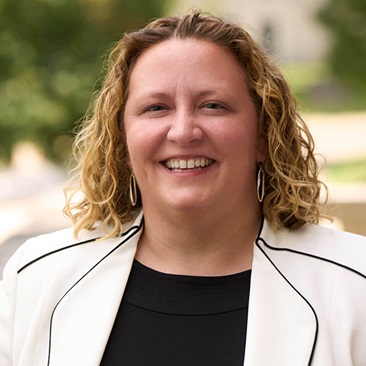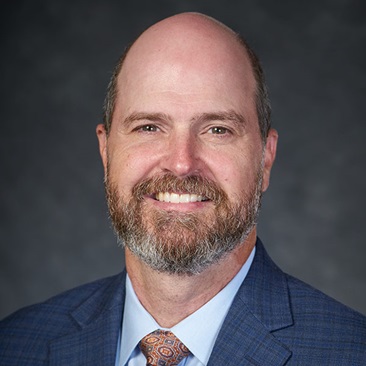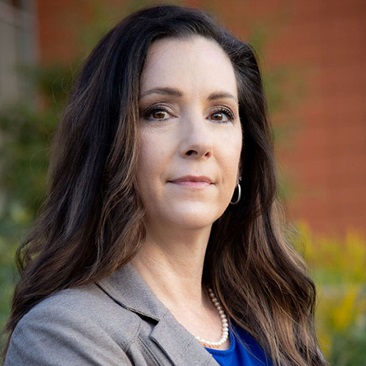Lopoo Joins National Panel Examining Behavioral Economics
April 21, 2022
Maxwell School faculty member Leonard Lopoo is one of 13 scholars from across the country who have been selected to serve on a prestigious National Academies of Sciences, Engineering and Medicine panel that will explore behavioral economics.
The panel will review evidence regarding the application of insights from behavioral economics to key public policy objectives, including public health, chronic illness, economic well-being and responses to global climate change.
“Our goal in the panel is to determine where behavioral economics has been successful, where it has not (and why not), and where we should take this work in the future,” says Lopoo, Paul Volcker Chair in Behavioral Economics and professor of public administration and international affairs.
Panelists are also examining frontiers in the field, asking what happens when behavioral economics intersects with related disciplines, including cognitive psychology, social psychology and the decision sciences.
Lopoo, who is founding director of the Maxwell X Lab and is finishing his term as director of the Center for Policy Research, says behavioral economics can be applied in practical ways to examine things such as why people do or do not apply for government benefits or, say, a pension program. Often, he says, there are information barriers or stigma associated with participation.
For example, Lopoo points to a 2018 Maxwell X Lab project with the City of Syracuse that helped the city recoup over $1.4 million in property tax debt. “We found that it was not always that people did not have the money to pay their property taxes, it was that the communication between the city and residents was less than ideal,” he says. “Make it easy for people to sign up for a pension program or pay their taxes, and the outcomes improve.”
In addition to Lopoo, the national panel includes researchers from Duke University, Princeton University, the University of California-Berkeley and the University of Pennsylvania, among others. Members represent “all areas of expertise” in behavioral economics, says Lopoo,
The panel will publish its findings in a report to be utilized by a varied audience including students, researchers, policymakers and funders.
By Steve Buchiere
Related News
School News

Dec 2, 2025
School News

Oct 13, 2025


